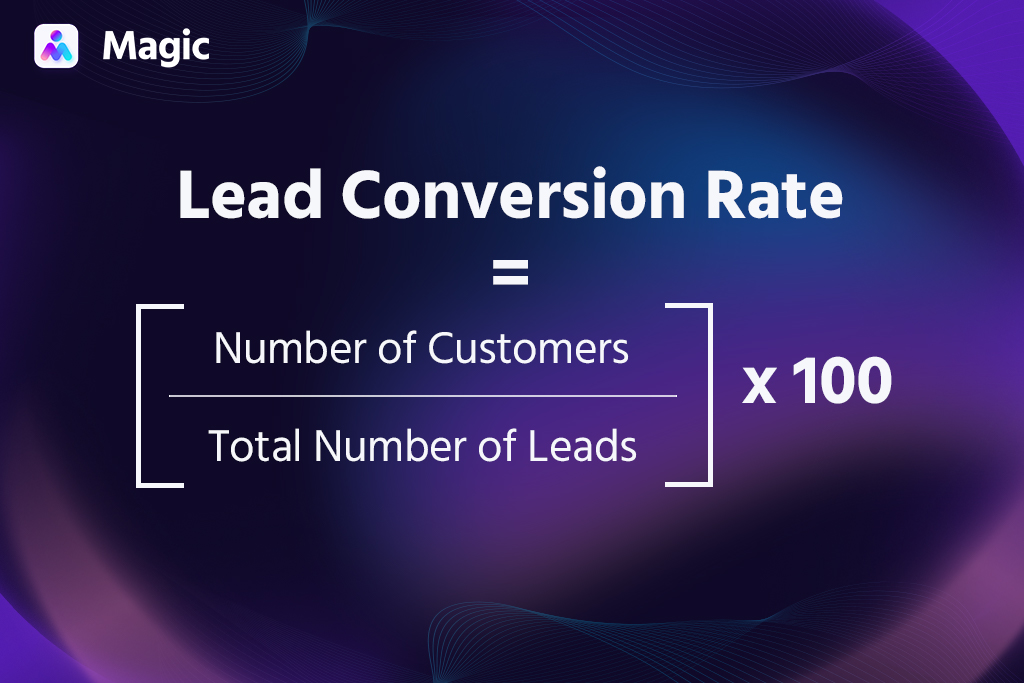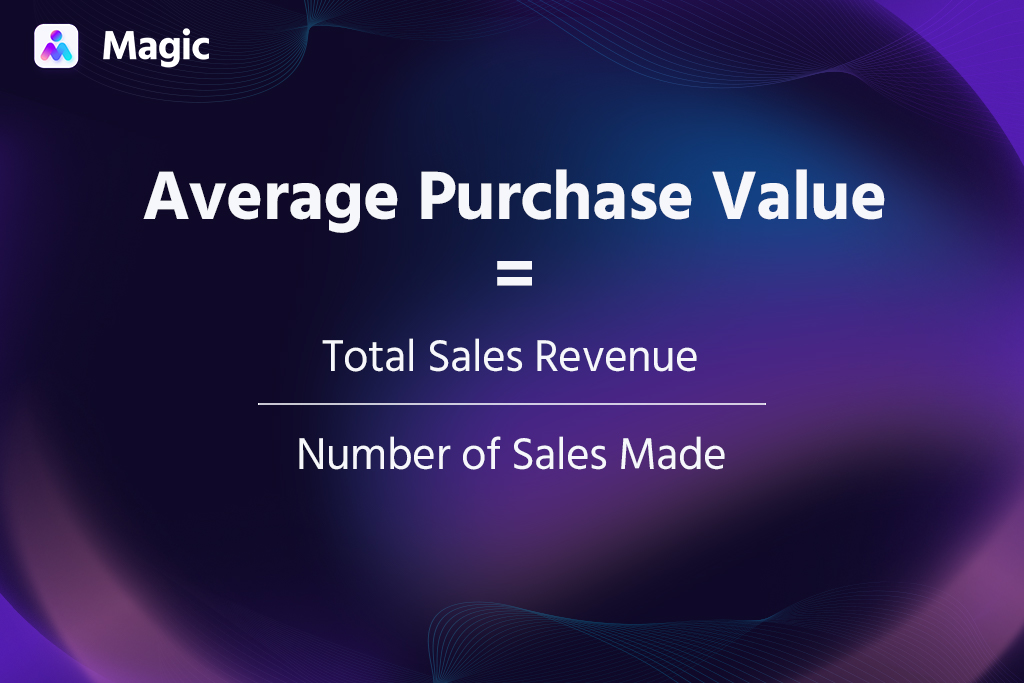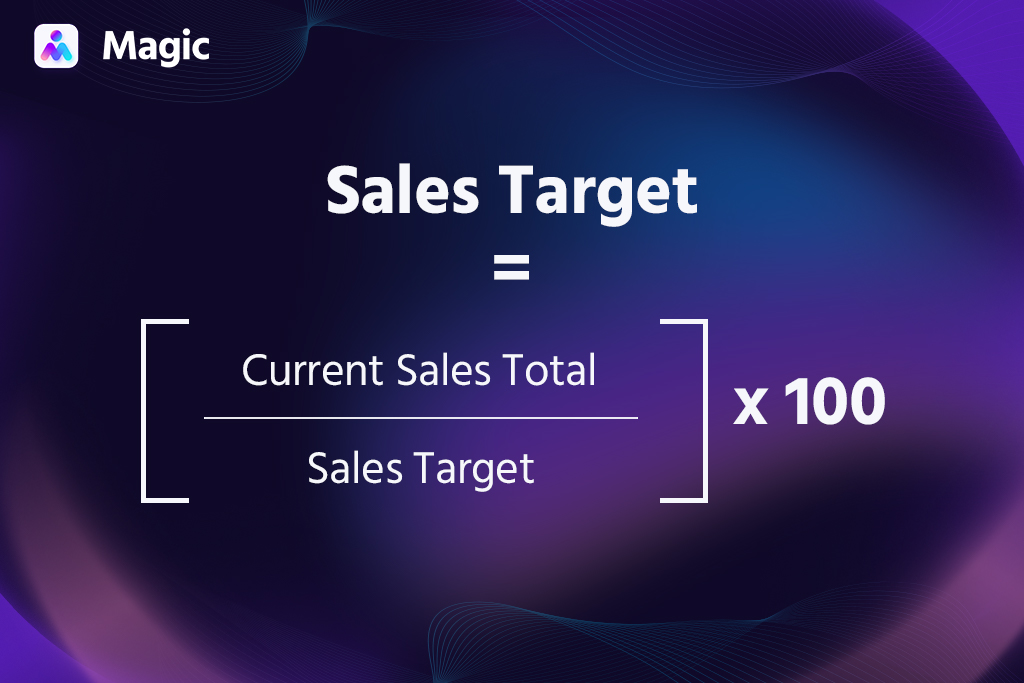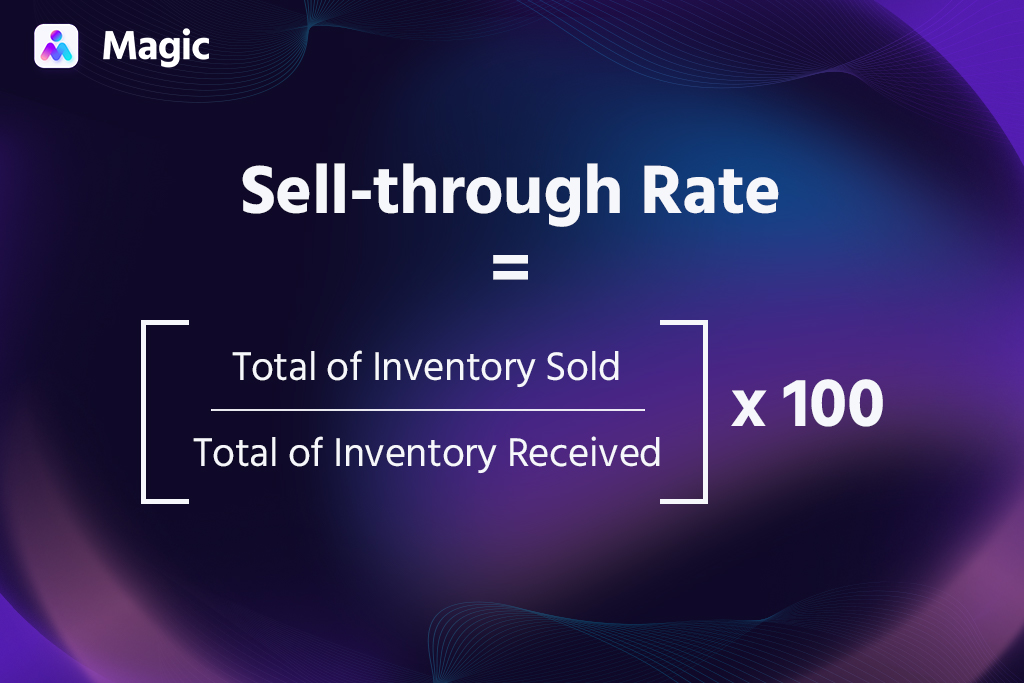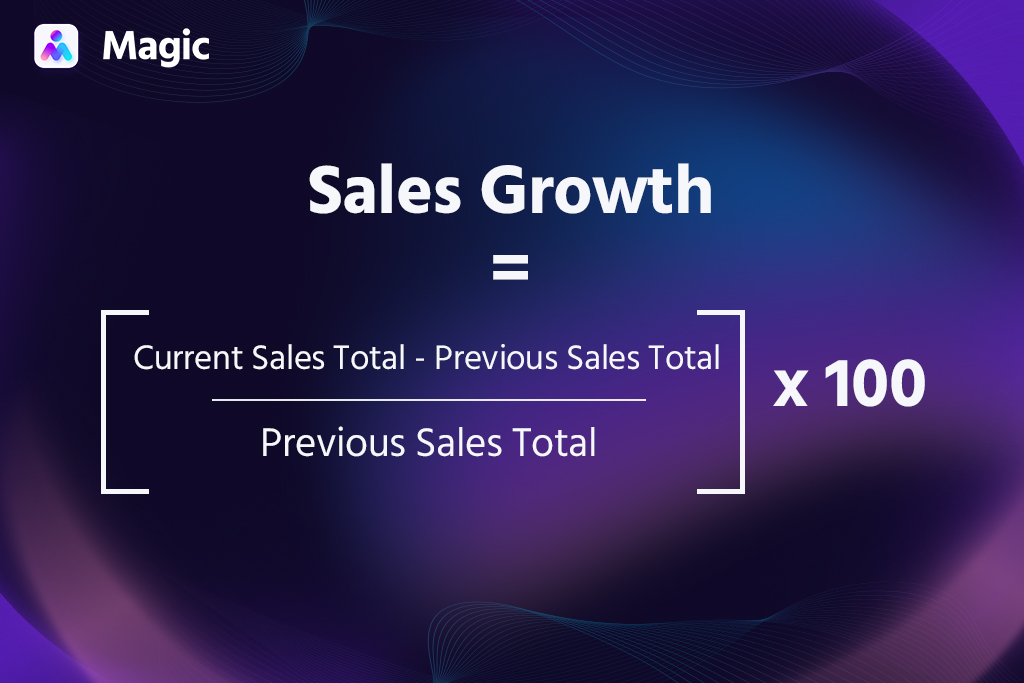Sales analytics considers customer behavior, market trends, and overall sales performance. It’s vital to improve sales tactics, find growth opportunities, and stay ahead of the competition.
Improve your sales process in a dynamic market by learning to gather, analyze, and interpret data. There are many metrics and tools to consider in leveraging sales performance analysis for your business.
In this article, we’ll look at the benefits of sales analysis and the key metrics to track.
- Sales analytics lets you gain insights into market trends, customers, and sales performance. This helps you make informed decisions, boost sales performance, and improve cash flow.
- You can track various metrics, such as lead conversion rate, average purchase value, sales target, sell-through rate, and sales growth. These metrics help you identify areas of improvement and take proactive steps to address any issues.
What is Sales Analytics?
Sales analytics involves gathering, analyzing, and interpreting sales data to understand market trends, customers, and performance. It uses various techniques and tools to interpret data, such as inferential research, diagnostic analysis, and predictive modeling.
The main goal of sales data analysis is to make informed decisions that boost sales growth, profitability, and customer satisfaction.
Benefits of Sales Data Analysis
Sales analysis is the key to preventing guesswork in sales. It benefits small business owners and company sales managers, leading to business success.
Here are the main reasons sales performance analysis matters for your business:
It helps you make data-driven decisions
Analytics provides data for informed decisions on pricing, inventory, products, and other business operations. This allows your business to avoid creating ineffective strategies that may waste resources.
It helps identify areas for process optimization, task automation, and waste reduction, boosting productivity and profits.
It boosts sales performance
Sales analytics can help you look for improvements and opportunities to improve your sales process. An optimized sales process means reduced costs and improved efficiency, which help generate leads to better sales performance.
For example, it pinpoints top-performing sales channels, best-selling products, and profitable customer segments. This lets you properly allot resources, adjust pricing, or improve your sales and marketing strategies.
It can also identify which sales reps are performing well and which need help. This allows you to take the proper action, such as providing proper training and tools or supporting them with remote staffing.
It gives better sales insights
By analyzing sales data, you can identify trends and patterns in customer behavior, preferences, and needs. It allows you to tailor your sales technique to improve customer satisfaction.
Sales data analysis also predicts future sales performance, aiding in market anticipation and strategy adjustments. This lets you stay ahead of the competition.
It can help you improve cash flow
You can effectively create a more positive cash flow with sales forecasts. For example, you can accurately manage inventory to avoid overstocking or understocking and create pricing strategies to boost revenue.
Sales analysis also pinpoints clients who are slow to pay or pose a credit risk. This way, you can address such issues proactively.
Key Metrics in Sales Performance Analysis
Understanding sales analytics helps you use sales data to make decisions that lead to business success. There are many sales metrics that you can track to gain insights into your sales performance and customer behavior. Some of the most important metrics include:
Lead Conversion Rate
Lead conversion rate is the percentage of leads that ultimately become paying customers. It’s calculated by dividing the number of converted leads by the total number of leads and multiplying it by 100. This metric can help you understand the effectiveness of customer acquisition efforts.
Average Purchase Value
The average purchase value is the median amount spent by a customer in a transaction. Add the total revenue rendered from all sales over a certain period to calculate. Then, divide that number by the total number of purchases made during that same time.
This sales analysis metric helps you make strategic pricing, marketing, and customer engagement decisions. For example, offer bundled products, upsell or cross-sell, or loyalty programs if you have a low value.
Sales Target
A sales target is the goal your sales team sets for themselves to work towards within a given time. It’s usually defined in revenue, units sold, or other measurable metrics.
Specify your desired result based on growth rates and income needed to stay competitive before measuring. Set the sales period as well, such as weekly, monthly, quarterly, or yearly. It should be both challenging and realistic.
Track this metric by dividing your sales total from the current period by the set target. Multiply the quotient by 100 to get your sales target percentage. This shows how close you are to your overall goal.
Sell-through Rate
The sell-through rate is the percentage of inventory that your business sells during a given period. It can help you understand how well their stock performs and make informed restocking or pricing decisions.
To track this, divide the total units sold by the total units received or available for sale. Then, multiply the quotient by 100.
A high sell-through rate means you’re managing your inventory effectively and meeting customer demand. Meanwhile, a low number may point to issues like overstocking or poor product performance.
Sales Growth
Sales growth measures the rate of change in your revenue over time. This metric helps you pinpoint which products drive growth and how your sales team performs.
To calculate sales growth, subtract the previous period’s sales from the current deals. Divide the difference by the last period’s sales and multiply by 100 for the growth percentage.
Improve Your Sales Performance with Magic!
Implement a data-driven approach to your sales strategies, pricing, and marketing campaigns using sales data analysis. It’s crucial for any business seeking improvement and wanting to address issues proactively.
Ultimately, sales analytics can empower your business to optimize its sales performance, calculate ROI and drive long-term growth. With outsourcing, leverage advanced analytical capabilities and expertise to free up your team for core functions and strategic initiatives.
With Magic sales outsourcing, you can make your sales process more efficient, agile, and competitive. Fill in work gaps such as lead generation, cold calling, or CRM management and cleanup with an outsourced SDR. Or, build your own remote sales team from the ground up in less than a week.
Talk to us more about how we can help maximize your sales potential!





